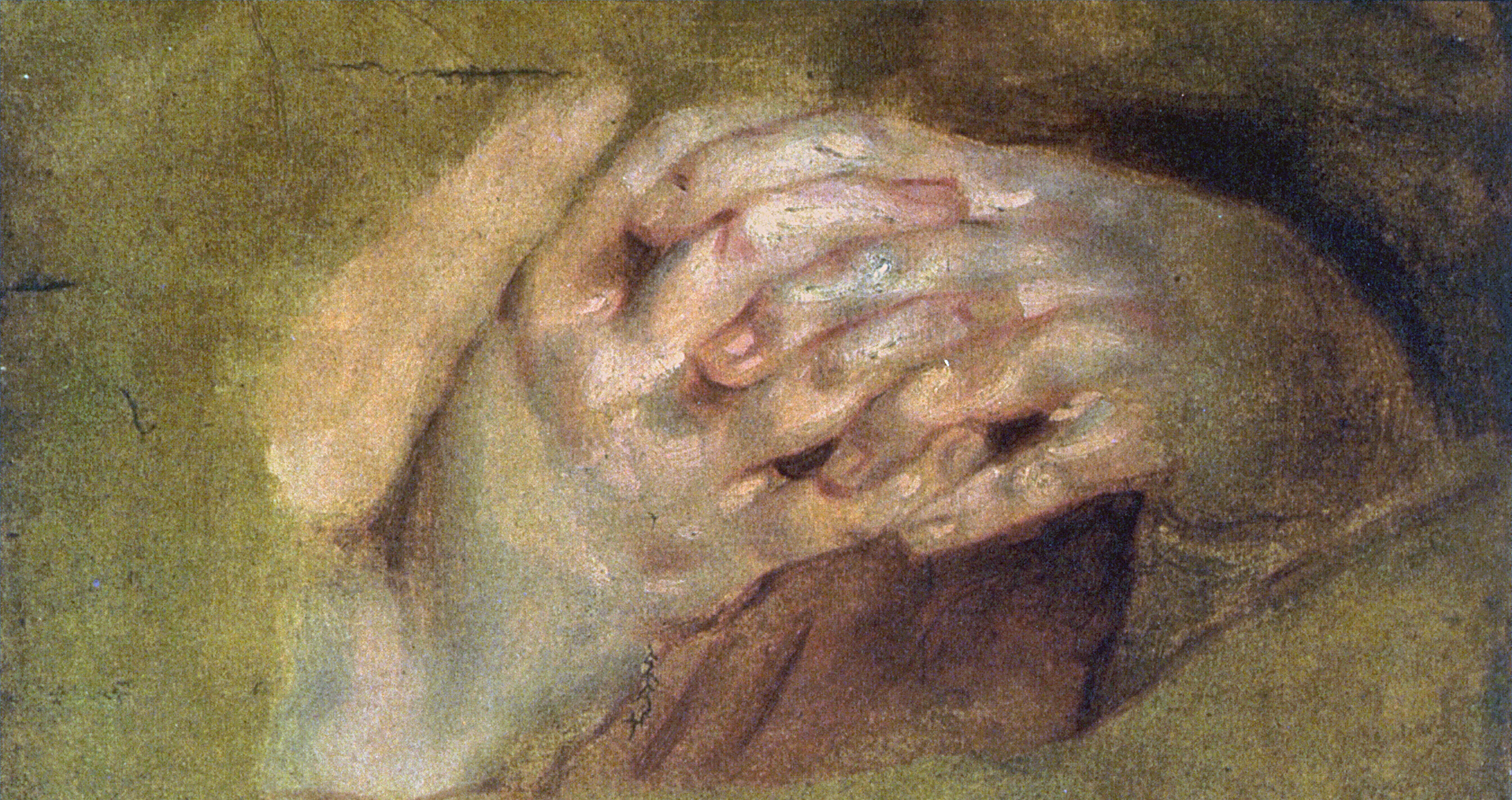by Rev. Dr. Jim Warnock

Lent is upon us once again. It comes early this year, beginning with Ash Wednesday on March 5th. We will have a service at noon. The First Sunday in Lent is on March 9th. Palm Sunday will be on April 13th.
Lent, as the Prayer Book reminds us, is a season of penitence and fasting. The title comes from an Old English word meaning “spring,” a time when the days grew longer. The Church marked the time originally by fasting. By the 3rd Century, the fast extended over six days following the Sunday Eucharist.
This eventually morphed into a 40-day fast, done in direct imitation of Jesus’ temptation in the wilderness for 40 days. This period, again as the Prayer Book reminds us, was directed for new converts to the faith who dedicated themselves to prayer in preparation for their baptism. This took place on Easter Sunday, which was also when they partook in their first Eucharist. The 40 days also served to offer people guilty of notorious sins the opportunity to come back to the church, assuming of course that their repentance was apparent. In our Western church, the 40 days extend from Ash Wednesday through Holy Saturday, as Sundays are not considered fast days. The last three days of Lent are the Triduum of Maundy Thursday, Good Friday and Holy Saturday. We will duly celebrate these days on April 17, 18 and 19.
There are some liturgical changes in our service. The word “Alleluia” is banned for the duration. Someone always forgets and stumbles over it, but forgiveness is always at hand. We will use Eucharistic Prayer B, it being considered more focused on penitence than the others. On the First Sunday in Lent, Rite II begins with the Great Litany found on page 148 in the Prayer Book. This is chanted, led by the vicar with responses by the congregation. At the conclusion of the Great Litany, the salutation and collect of the day are said from the front of the church. Prayers of the people and confession are not said at this service.
On the following Sundays in Lent, we begin with the Penitential Order, page 351. This places the confession and absolution at the beginning of our time together. Following absolution, we recite the Trisagion and continue with the collect of the day.
As the Prayer Book recommends, I invite all of you to a holy Lent, through the practice of self-examination, repentance, prayer, fasting, and self-denial. It is up to you as to how you do this, but Lent is a time for reassessing our lives and the ministries we have in the community and to each other.
I think it particularly important this year, given our stressed political situation, to remember our unique calling as Christians to care for our neighbors, and to bring Jesus’ love to our world. Jesus’ comments during the sermon on the plain, which we read recently from Luke 6:20-49, are on point. We need to stand for the Gospel and its concern for the poor, the oppressed, those who have less than we do. We need to remember that Jesus spoke woes against those who profit from the suffering of others, who sow division, who instill fear. We must speak against those practices, doing so in a way that doesn’t yield to demonizing others but leads eventually, hopefully, to reconciliation. We do this because our calling remains to love our enemies, to do good, to “be merciful, even as your Father is merciful” (Luke 6:36). Lent gives us time to contemplate these things.
